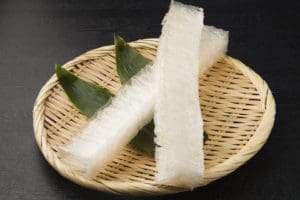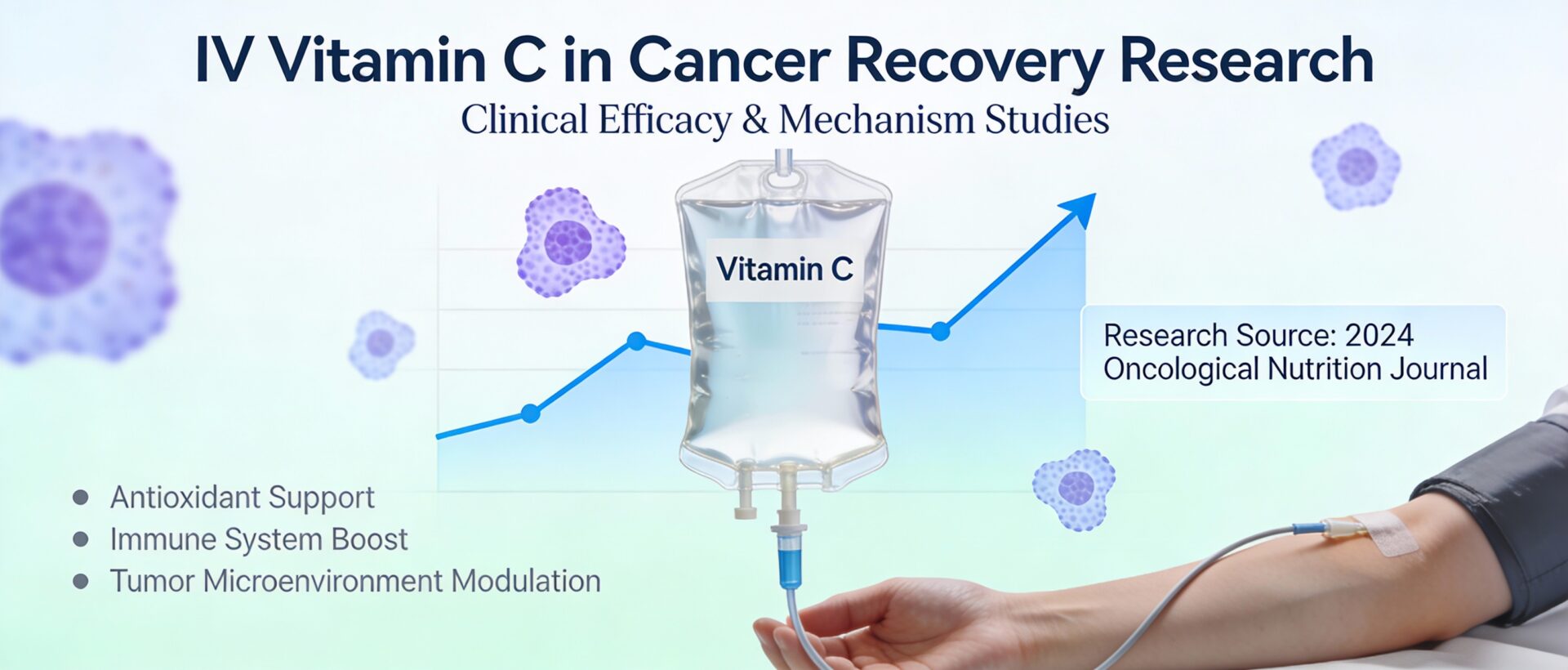By Muscle Media
Gelatin serves both nutritional and culinary roles in non-vegetarian diets. However, a lot of vegetarians and all vegans do not consume gelatin in its many forms. Because it is often created out of boiled pig skins and dissolved veal cartilage and bones.
This leaves vegetarians with a gap in cooking functionality. Especially when a recipe calls for a gel or thickening agent. It also leaves vegetarians with fewer options if they need a source to increase bone and cartilage health.
If you are a vegetarian and you are looking for alternatives, do not despair.
Here are some gelatin alternative options for you:
1. Use a rice starch alternative. A&B Ingredients recently developed a rice starch alternative. Also, it mimics the cooking functionality of gelatins closely.
2. Use a soy-based alternative. Soyfoods USA developed NuSoy Gel. Created entirely out of soy isoflavones. It contains 100% of your vitamin c recommended daily allowance.
 3. Use seaweed-based alternatives. Agar-agar, for instance, is a seaweed based alternative that can simulate the culinary functions of gelatin.
3. Use seaweed-based alternatives. Agar-agar, for instance, is a seaweed based alternative that can simulate the culinary functions of gelatin.
4. Increase your calcium intake. One component of gelatin supplements that allegedly increases joint health is calcium. To increase your calcium intake without eating gelatin, you can simply consume more calcium-fortified foods and even take supplements.
5. Increase your vitamin c intake. Another component of gelatin supplements that allegedly increases joint health is vitamin c. You can increase your vitamin c intake by consuming more citrus fruit.
6. Increase your glucosamine intake. No foods contain glucosamine. But you can increase your intake by purchasing supplements at your local grocery store or pharmacy. Also, it is rumored to improve joint health if taken regularly.
To reiterate, gelatin has two major functions: it works as a thickening agent for foods and is rumored to improve joint health. Most noteworthy, both of these functions can easily be mimicked by structural and nutritional alternatives.
























